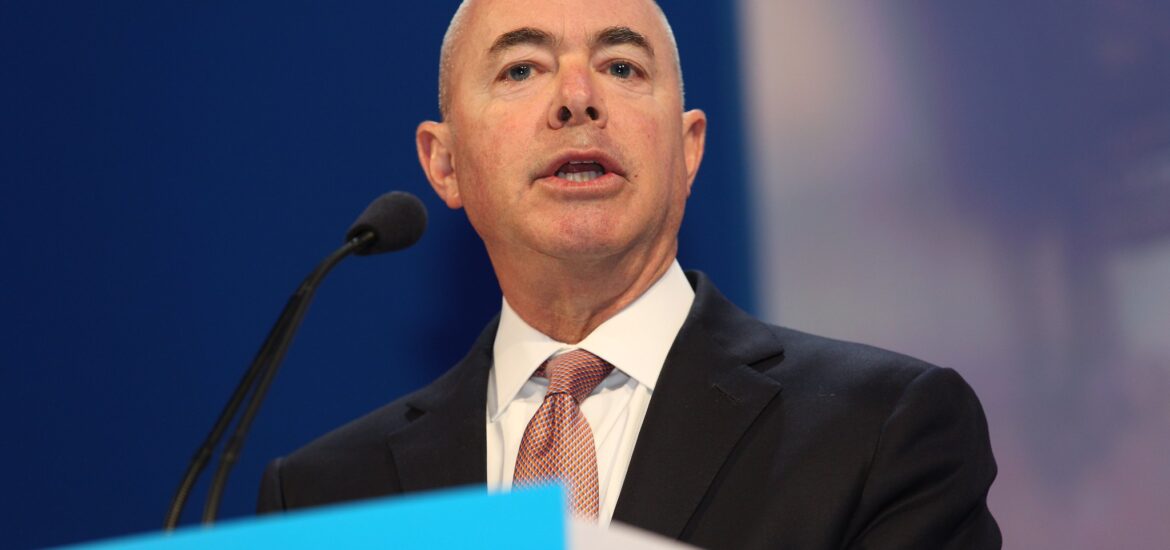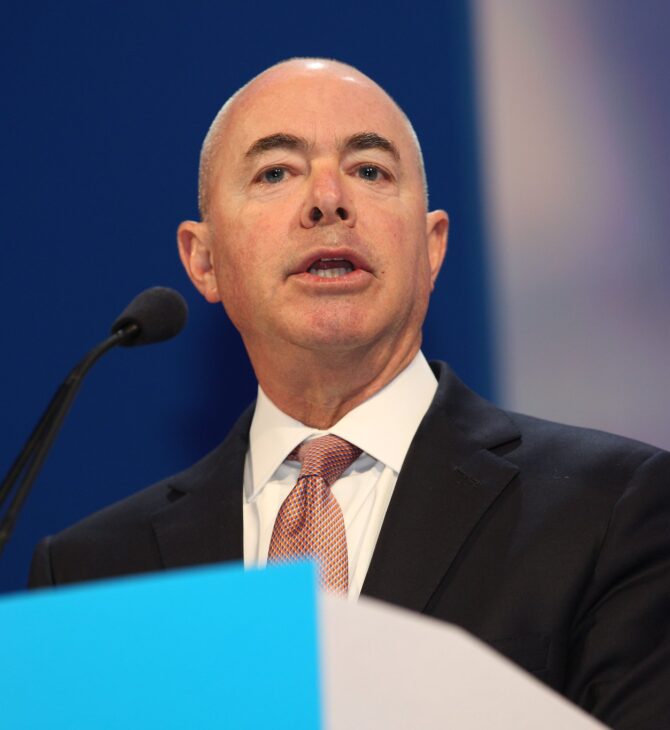
150 Democrats Vote To Shield Illegal Aliens From Deportation When Convicted Of DUIs
Democrats are officially the party of open borders. Liberals had to pick a side and they chose. And Democrats just gave this huge gift to illegal aliens that will have you seeing red. As Black Eye Pol…
Trending

Hidden January 6 Witness Interview Transcript Shows Democrats Lied About Trump
Jack Smith wants to put Donald Trump on trial for the events of January 6 to help Joe Biden win the 2024 election. But Smith got some bad news. And th…
Featured

Senate Republicans Ramp Up the Pressure on Chuck Schumer to Hold an Impeachment Trial for Homeland Security Secretary Alejandro Mayorkas
Chuck Schumer is scheming for a way to keep Democrats clinging to power in 2024. But Schumer got some devastating news. And that’s because John…

DOJ Hides Identity Of Democrat Under Investigation
Another day and another scandal for the Democrat Party. The culture of corruption in the swamp is out of control. And the secret identity of this democrat under investigation. As Black Eye Politics re…
Donald Trump

Dan Crenshaw Defends Joe Biden’s Open Borders Bill
The GOP establishment rode to Joe Biden’s rescue. RINOs always want to sabotage Donald Trump. And Dan Crenshaw just stabbed every Trump support…
Deep State

Lauren Boebert Calls Out the Cover-Up About Who Smuggled Cocaine Into the White House
The cocaine found at the White House turned into Joe Biden’s most embarrassing political scandal. The media cover-up is collapsing. And Joe Bid…































